Note to readers: This post was written in December of 2011. PLEASE do not ask me why I eat ‘this’ or why I don’t eat ‘that’ — as what is shown here does not necessarily reflect what or how I eat today (or more importantly, how you should eat). My diet evolves constantly, due to my constant tweaking and self-experimentation. Over time, I’ll share it here and there, but what I eat is not at all the focus of this blog. I ask that you refrains for pursuing questions about what I eat in the comment section.
Once people start to “get it” with respect to why carbohydrate reduction, or all-out restriction, leads to good things, the inevitable question I’m asked is, “So….what exactly do you eat?” I’m always a bit hesitant to get into this. It’s sort of like asking a pilot, “So…how do you fly this plane?” It’s a great question, but probably the wrong first question.
For many people it’s so overwhelming to contrast what they currently eat – probably a typical American diet of 500-600 daily grams of carbohydrates (200 grams of which are sugar) – with a diet of less than 50 daily grams of carbohydrate, which is what I consume. Remember, what I’m showing you here is what I have been eating for about the last 7 months. For the first 20 months of my nutritional transformation, I was gradually reducing carbohydrate intake from about 600 daily grams to 300 daily grams to 150 daily grams.
It’s really important to understand that carbohydrate reduction is a continuum. There is no “right” amount of carbohydrate to eat. Let me illustrate this with the following “2 by 2” matrix, below (sorry, once a consultant, always a consultant). When asking the question, “How much should I reduce my intake of carbohydrates?” it’s a good idea to start with two broader questions:
- What is my inherent level of insulin resistance?
- What are my goals?
There are technical ways to quantify the answer to the first question, which I will detail in future posts. However, the simple version of determining your inherent amount of insulin resistance is checking how many criteria of metabolic syndrome are present. In other words, are you overweight? Is your waist large? Is your blood pressure high? Do you have elevated blood glucose or triglycerides (these are determined from a standard blood test)? Do you have low HDL cholesterol? For the purpose of this question, even responding “yes” to one of these questions means you are predisposed to being insulin resistant. I was a “yes” to 3 of these questions.
Consider this matrix, and let’s use me as an example.
- How predisposed am I to insulin resistance? One look at a picture of me in my non-lean state, coupled with an understanding of my family history, and it’s clear I didn’t hit the genetic lottery with respect to insulin resistance. Hence, I am towards the right of graph.
- What am I optimizing for? Some folks want to lose 15 pounds. Others want to have fewer swings in daily energy level, or stop taking their blood pressure medicine. In my case, I want to maximize as many variables as possible: I want to be as lean as I can; I want to cure my insulin resistance; I want to be sure I never have a single symptom of metabolic syndrome; I want to do everything I can to avoid cancer and Alzheimer’s disease; I want to be metabolically flexible. Hence, I am towards the top of the graph.
As you can see, based on my poor genes and lofty goals, I find myself in the upper right square, which means I need to adopt the greatest amount of carbohydrate restriction. My wife, in contrast, has good genes, coupled with high goals, placing her in the upper left box. As a result of this combination, she does not need to restrict carbs as much as I do. If her goals were even more modest, she could get away with very little reduction in carbohydrates – probably just reducing sugar without much reduction in starch.
Below is a picture of a few of the foods you’ll typically find in my refrigerator. Note that on average I consume about 4,000 to 4,500 calories per day. I get this from approximately 400-425 grams of fat, 120-140 grams of protein, and 30-50 grams of carbs. In addition, there are a number of supplements I consume daily, which I describe in the table below. In future blog posts I will go into greater detail as to why I consume each of these supplements, but for now I’ll give a very quick explanation.
Finally, note that under no circumstance do I ever count calories (for the sake of limiting them). When I was first transitioning into ketosis I did need to count how much carbohydrate and protein I was consuming – anything over about 50 grams of carbs and 150 grams of protein makes it difficult to generate sufficient ketones – but I do not ever count calories for the sake of restricting them. I eat when I’m hungry. I don’t eat when I’m not hungry.
Regular supplements I consume every day
*I will be writing a great deal about the role of omega-6 and omega-3 fatty acids in our diet in subsequent posts. However, if you want a quick (albeit high-level and not overly nuanced) overview of the topic, take a look at what Dr. Andrew Weil and Livestrong have to say about it.
One last point on supplements – I do not take a multivitamin at this time, but I am looking into it a bit more closely. My concern is that 1) they may not be necessary when you remove glucose from your diet (I’ll write about why in the future), and 2) they may actually do direct harm, as a result of contaminants.
Ok, at long last, here is a list of what I ate over the past 5 days (excluding water, still and sparkling, which I consume about a gallon of each day)
Wednesday
Breakfast: “Fat shake” (In a blender: 8 oz heavy whipping cream, 8 oz sugar-free almond milk; 25 gm sugar-free hydrolyzed whey protein, 2-3 frozen strawberries)
Lunch: About 4 or 5 oz of assorted cheese (Gouda, Swiss, Manchego), 2 or 3 oz olives, about 4 oz of particularly fat salami and pepperoni
Late afternoon: About 2 oz of mixed nuts (almonds, walnuts, peanuts), large latte (latte made with heavy fat cream instead of milk) at Peet’s
Dinner: Garden salad with olive oil (lots of extra oil) and balsamic vinegar dressing, about 6 oz grilled salmon with a lot of butter and lemon juice
Thursday
Breakfast: Scrambled eggs (6 yolks, 3 whites**, with added heavy fat cream) cooked in coconut oil, 3 or 4 sausage patties (be sure to look for brands not cured in sugar).
Coffee with homemade whip cream (heavy fat cream hand whipped)
Lunch: Half chicken (thigh, breast, wings) with lots of skin; about 2 oz of Gouda and aged-cheddar
Dinner: Wedge blue cheese salad with bacon; 12 oz prime rib with lots of butter; 5 or 6 pieces of asparagus coated in butter
Coffee with half and half cream, 2 cups (the restaurant did not have heavy cream, so I had to settle for half-and-half)
**The reason I typically minimize egg whites, at least when making my own eggs, is to ensure I keep protein intake under about 125 grams per day. Ketosis is pretty easy to attain if one is eating, say, 2500 calories per day. However, given my caloric demands – and the requirement that I keep protein intake limited – I really need to go out of my way to ensure I’m not eating too much protein. I will be writing about this in much greater detail in a future post.
Friday
Breakfast: Whole fat latte at Starbucks (made same as above), scrambled eggs (about 4 eggs), bacon (high fat pieces), slice of Swiss and slice of cheddar (since I was eating in the airport, the scrambled eggs were made “normally,” not with the additional fat I use when making my own)
Lunch: About 4 oz of especially fat salami and pepperoni, about 2 oz Parmesan cheese
Dinner: Ground beef sautéed with heavy cream, onions, broccoli, and melted cheese
2 large cups of decaf coffee with homemade whip cream (heavy cream whipped with a touch of xylitol)
Saturday
Breakfast: Scrambled eggs (6 yolks, 3 whites, with added heavy fat cream) cooked in coconut oil, 3 or 4 pieces of especially fat bacon (not cured in sugar), about 3 oz of cream cheese
2 cups of coffee with heavy cream
Lunch: Tomatoes with basil and mozzarella and balsamic vinegar and olive oil, about 2 oz raspberries with homemade whip cream
Dinner: Leftover ground beef sautéed from previous night, salad with homemade cream dressing (whole fat Greek yogurt, olive oil, basil, blue cheese, garlic)
1 cup of decaf coffee with homemade whip cream
Sunday
Breakfast: Omelet (6 yolks, 3 whites, coconut milk, sautéed onions) cooked in coconut oil, 4 or 5 pieces of the fattest bacon I can find
2 cups of coffee with heavy cream
Lunch: Plate of assorted cheeses (aged Gouda, Swiss loaf, aged Parmesan – about 3 oz), about 2 oz salami, about 1 oz olives
Dinner: Cream of mushroom bacon soup (heavy cream, chicken broth, shredded Parmesan cheese, mushrooms, chopped bacon, garlic, butter, chopped papers, various spices), leg of lamb (baked in sauce made of red wine, balsamic vinegar, diced tomatoes, garlic, and a lot of spices)
2 cups decaf coffee with homemade whip cream (as above)
So there you have it — 5 days in the eating life of Peter Attia. This may look a bit strange, relative to what you may be eating now, but remember, I’m at the far end of the spectrum – i.e., nutritional ketosis. You may just be starting your own journey of reducing carbohydrates, but I hope this gives you an idea of what I eat. In particular, what probably stands out is:
- I go to great lengths to avoid sugar which, unfortunately, shows up in virtually every highly processed food.
- I eat zero starch (e.g., bread, cereal, rice, crackers, pasta).
- I consume only modest amounts of fruit (one serving per day, at most, and only in the form of berries, which contain the least amount of fructose).
- I eat vegetables, but primarily because they are a great way to get more fat (e.g., high-fat salad dressings, butter), not because I “need” them.
- I go out of my way to eat as much fat as possible, especially monounsaturated and saturated fat (the only fat I avoid is omega-6 polyunsaturated fat).
- I have a few “go to” meals that I eat several times per week. I do this because I really like them and it’s quick and easy make them. Yours need not be the same!
Photo by Glen Carrie on Unsplash

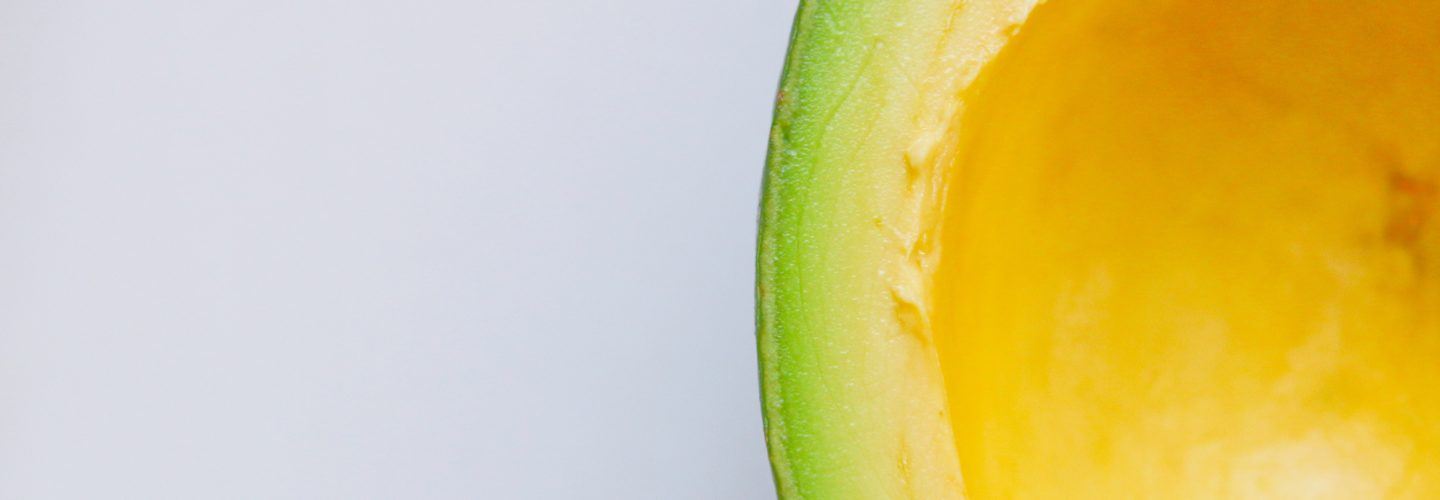
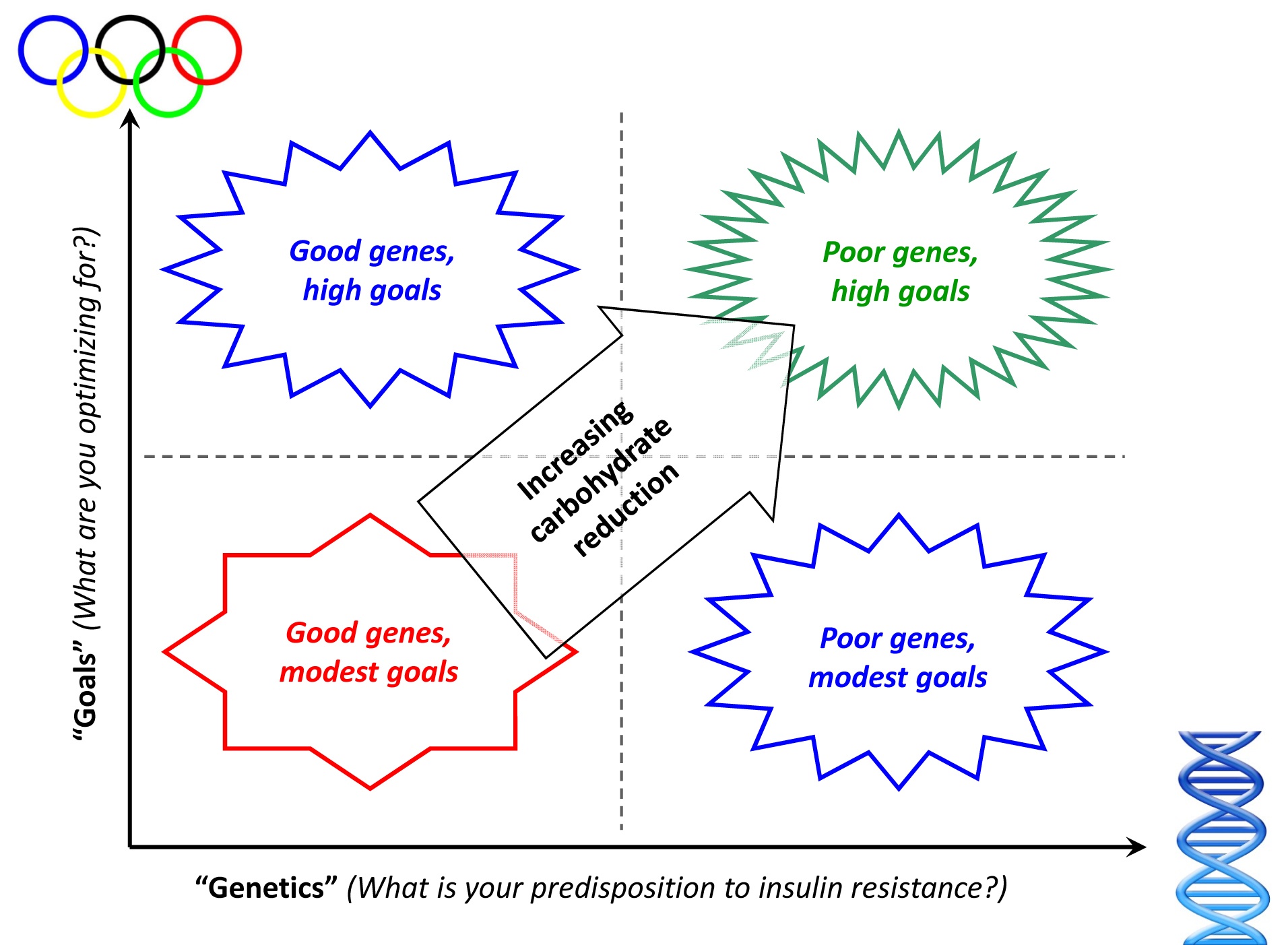

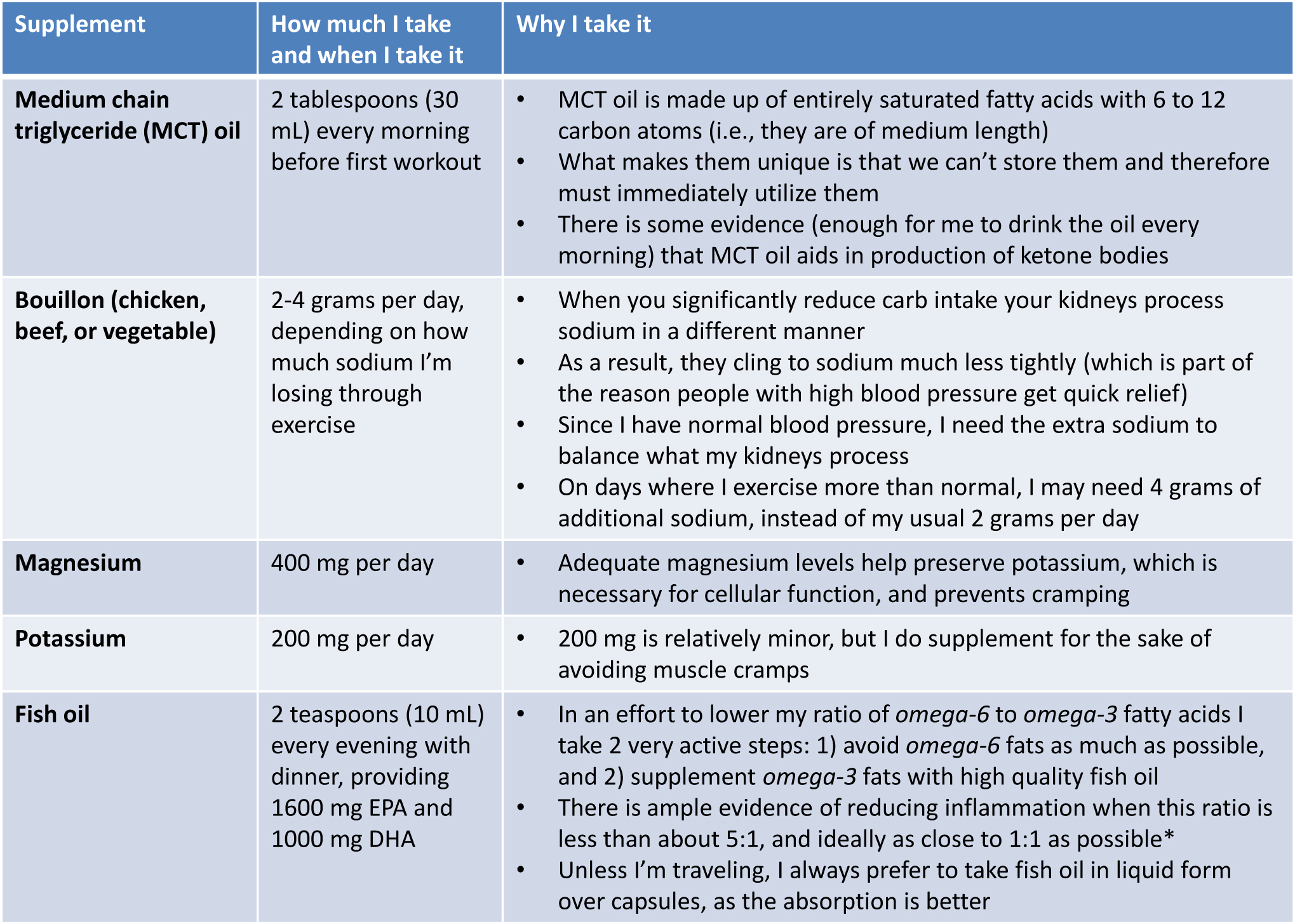

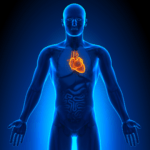
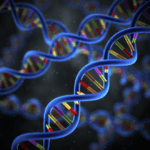
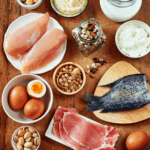
Hello Mr. Attia. i just finished reading your article. Im new on nutritional ketosis. I have been on this diet for about 3 weeks now. I was wondering how many calorios do you consume to today and how long do you exercise per day? I am really intrigued in the fact that you can “overeat” fats on ketogenic diet and still not gain fat.
Thank you very much for your response.
Hi Peter, after reading Gary Taubes Good Calories, Bad Calories a few years back, I had an Aha moment! As someone struggling my entire life I now know my fat cells are insulin sensitive. I eat No carb to lose weight and low carb to maintain (no processed foods). I have one sugar day a month to ward off cravings. I have lost 80 pounds without adding more exercise than the yoga I had been doing. I have now added the gym and am hoping to stay “no carb ” a bit longer. I will have maintenance periods of low carb adding only whole grain and some fruit. I too use heavy whipping cream and am going to try your bfast shake tommorrow, I also make peanut butter balls weekly with cream cheese, splenda and natural peanut butter- freeze them for an ice cream like treat. Or a quick filling bfast or lunch. Ketosis has changed many many of my body functions, including curing irritable bowel, adult acne and sweating fits from the carbs. I preach no carbs to everyone- it is amazing how mixed up america is with diet. Thanks you for getting the word out and if you ever need a “preacher” you can count on me!!
Hello Peter,
I have seen many experts such as yourself and Jeff Volek state the idea that too much protein can prevent ketosis through stimulation of gluconeogenesis; this idea is also highly quoted by re-bloggers. However, I haven’t been able to find any scientific studies to support this statement. Do you know of any?
I did, however, find this attempt at a (non-peer reviewed) literature review regarding the idea that excess protein stimulates gluconeogenesis:
https://www.ketotic.org/2012/08/if-you-eat-excess-protein-does-it-turn.html
The main conclusion of the authors of that review was that addition of protein to the diet in non-keto adapted people does not appreciably increase the rate of gluconeogenesis. They also stated that they could not find any such studies in keto-adapted people.
i started a gluten free diet for 2 months already ( so no grains, no legumes, no potatoes and no rice) and for the last month i sugar free diet; my average intake of calories per day where way above 3000 in the high carb low fat diet; and i always was as still to this day very lean; 65 kg. to 184 cm. tall; i love to be in ketosis, despite the very low level of it and that taste in my mouth and other very little bad side effects ( the strange one is a joint pain in my shoulder like if i went trough a wall at 120km/h; i read this kind os things can happen since our bode is adapting but most of all is getting rid off inflammation!);
so the question is can i gain weight on ketosis? my aim on ketosis is of course maintaining my good health levels and prepare myself with better instruments to be a better human being; the feeling of awareness, the clear mind state and the better availability to face each new journey inspire of the personal tragedies…well are much more there. i just hope this is not fading away on a long time run and honestly building more weight as i can build more muscle must be the answer to my question isn’t it?!
greetings from portugal where all this wonderful food is available for so little money.
lchf by the sea
Peter, I did Keto for 10 weeks…I felt amazing. I had always been lean and healthy. However, the mental energy was just incredible. My mood was great, I was nicer to people and smiled more. This lasted for 8 weeks….and I started tanking…low energy, sluggish, hair was thinning…eventually I got some tests and my thyroid had dropped a lot.
Have you heard of this happening? Would doing a carb up day once a week be enough to stop this from happening this time around? ( started keto again the other day).
HI Peter
Firstly a BIG THANK YOU to all your hard work here!
Male 49, weight training, cycling, running since the age of 12! Similar body type to yourself Pre-Ketonic.
I have tried a Vegetarian diet for 1.5 years, the people I mixed with also tended to be Vegetarian. I always felt light headed, my body seemed to look less muscular and I struggled to gain any muscle mass and dare I say that most of the people tended to be slightly unstable mentally, so one day I decided to have a steak and say goodbye to that life style. I did maintain the lentils, beans, vegetables but with meat also .
I started my Ketosis Diet after reading many sites, some with conflicting figures on Carb, Protein and Fats.
I wanted to make sure I got everything right after losing 2 lbs a week using a diet app to count calories deficit of around 700-800 a week and reaching a plateau that I simple wished to speed up.
I take 1 gram of protein per lean lb of muscle( measured using body fat scales) =140 grams (140 lb lean body mass) 520 calories ( to avoid catabolic)
I take 30 -50 grams of carbs from fibrous vegetables. (200 calories max)
I take several sources of fats
Udo’s Oil 3 tablespoons a day
Hemp Oil 1 tablespoon a day
Flax oil 1 tablespoon a day
Coconut oil 1 tablespoon a day
Additionally Olive oil for cooking of further coconut oil when frying bacon or having coffee bullets loaded with fat.
900 calories from Fat
Total 1620 calories minimum for day, I eat more on my training days every other day.
I used Saltsticks for replenishing my Salt levels saltstick.com buffered Electrolyte salts with vitamin D to help absorb Calcium , Potassium, Magnesium, Sodium! I take extra during training.
https://saltstick.com/products/sscaps/cfeatures.htm
1 Super Multivitamin a day
Now what surprised me is that within 36 hours I was producing Ketones in my urine 1.0 but after 48 hours, this had increased to 4.0. I did not know this could happen this fast? I also drank lots of water. I went from feeling absolutely rubbish to all of a sudden feeling extremely alert, fast thinking, not feeling hungry or craving Carbs.
Only doing this 10 days, lost 7 lb. !
Had diarrhea today and after trawling through this site see that its with taking the oil, I am going
to see it through and see if my body adjusts, working from home, so can take the risk .
I also went for a bike ride two days ago(luckily before the diarrhea started), on my 29″ wheels 29er trailing bike I went full out for 15 miles, I felt incredible, invincible and could have gone on for ever had I not had to be back to take the Mrs out on a date. I never felt tired or out of energy.
I have also felt warmer(like eating a curry) and feel cool when I seem to need to replenish my energy, this is a real obvious sign and I am going to monitor it more closely. Definitely some thermogenic actions taking place within the body.
Also I have always suffered from mild Acne since my 20’s, but my skin looks perfect, and feels great !
I have a high Octane fuel rated engine in my sports car and to me these Ketones are the bodies Rocket fuel, I am running much more efficiently, I can feel it. I am eating much less, sometimes I just have the coconut coffee bullet for my evening meal as I do not feel hungry at all .
So, so far out of this world experience. ! 🙂
My Questions.
1) I still do not know what fruit I can eat or how frequent and how this will affect my ketonic state? I do eat a lot of greens with my diet.
2) I am currently trying to deficit 700 calories a day still using this diet by reducing the fat intake, but keeping the protein and carbs the same. Can I eat more fat than I need or am I doing the right thing here? By deficiting
the fat intake to under my calorie requirement, does the Ketones start stripping away the fat on your body?
3) I am using Urine strips, I am puzzled, I know it is working because of the weight I am losing and how I feel, but many times I cannot see the Ketones in my Urine with the test strips, I saw the changes more at the beginning(they would change colour nearly instantly), but now hardly anything. I check 6 times through day. is it because I am drinking a lot of fluids and its diluting the results. ? Do the ketones react with the fat so cannot be seen so easily through urine detection?
4) Can the Diarrhea caused by taking the oils and fats be stopped or should I just ride this out until my body adjusts, will it adjust? ( I had a similar problem when moving onto a Vegetarian diet some years ago)Someone suggested fibre Psyllium Husk for the fibre too , but could this absorb fat and restrict the intestines taking this into the body?
I am going to set up a site and blog if this carries on working to show
the results, so far so good! Impressed!
Regards Mark (UK)
I also did a carb load day with protein with just low fat to replenish glycogen levels in the cells, is this needed?
Dear Peter,
I am having really hard times in ketosis. Its now month 2 and i still feel tired and lethargic. No energy.
Also i am diabetic type one … my sugars are now amazing but i am super tired… and i want literally to cry cause i cant figure out what it is. ( i read 1001014010310 books/blogs etc… )
Male 71 kg 27 years
i intake ~4000 kcal per day
77 fat – 15 protein – 8 carbs
30 carbs / 90 protein ( limited to 1.2 per body kg)
Also i intake potassium/magnesium/salt 500 mg of potassium / 500mg of magnesium citrate / 4gr of salt each day
I.e today
breakfast
5 eggs in sauce ( mayo and butter ) + bacon + 3 coconut spoons + 3 grams of carbs from yogurt + water with salt around 1gr
Total 12 carbs / 24 protein / 130 fat
Lunch
broculli 150 gr + meat 100 gr ( chicken with fat on it ) all oiled pretty good with olive oil + butter sos over it + 3 coconut oil spoons + bone broth
12.3 carbs / protein 27 / 140 fat
Dinner
Pancakes + cream sos + butter sos
8 carbs + 24 protein + 130 fat
What is happening? i can barelly go troughout day. Can you please help me
Hi!! Love your site, and I love all the science talk you infuse into your posts. I was just thinking it would be super duper cool if you made up some guide lines to go along with your helpful 2×2 graph of genetics/goals. Say, I’m someone with pretty good genes and moderate goals. What maybe are some starting points for me to follow to find my optimal carb intake?
Thanks again,
Erin Erb,
Tel Aviv, Israel
Peter,
I just watched your TED talks on netflix about obesity and diabetes. Finally someone saying what I have been thinking for some time now. Yes. I think obesity is a result of the diabetic syndrome, not the other way around. Have you done any looking into celiac disease and the association with Type 1 diabetes? Have you seen the research from maybe ten years ago that reported thirty percent of people diagnosed with celiac disease are obese? Originally celiac was mentally confined to the skin and bones malnourished look. What a surprise it was that that assumption was wrong. Do you think that perhaps the deficiency of micronutrients caused by a flattened villi from celiac lesion could cause some people to eat more to try to get enough of those micronutrients? Like people with high food intake actually starving for certain nutrients? Could this be why the adkins diet/no bread works for weight loss for some people? Because they have undiagnosed celiac? Also have you seen the research about grehlin hormone (the hunger hormone)being elevated in people with untreated celiac disease and returning to normal levels when they go to the gluten free diet? Gluten products are pretty much starch foods.
I hope your TED talks message helps change us. I was amening you the whole talk.
Amy
Thanks very much, Amy. No idea this talk wound up on Netflix…
https://www.celiac.com/articles/1077/1/39-of-Celiac-Disease-Patients-are-Overweight-at-Diagnosis8212A-Full-30-are-Obese/Page1.html
https://www.ncbi.nlm.nih.gov/pubmed/16028437
Here are the two studies (30 percent are obese) and the grehlin levels in celiac disease.
Amy
https://www.ncbi.nlm.nih.gov/pubmed/14638351
oops, this is actually the grehlin study i meant to attach
Amy
I see this post is around 4 years old. Would you change anything in this diet knowing what you know now??
Depends what I’d be optimizing for.
If you were a healthy, athletic 24 year old trying to look/feel good?
hi peter! love the blog and have been listening to you in random spots on youtube. i haven’t seen or heard anything about your opinion of elevated fasting glucose in VLCers. any thoughts? i know there seem to be a lot of possibilities but if your post prandial 1 and 2 hour markers are good what might be the cause? personally, my early morning fasting is in the 120-30 range which is almost troublesome?? lol idk
I have many questions. I hope you find the time to answer them, as I have unlimited respect for you, just like jim carey and kirsten drysdale, and I value your responses, and posts and videos and speeches, extremely high.
I know what you said at the top, and I apologise if this one is too much in the line of “what did you eat here and why”, but I’d like to know – what’s your stance on processed meats/foods? I’ve heard you say in a speech that healthy eating will cost more, (but it’s worth it), so does that mean you eat primarily non-processed foods (which are less convenient to come by), or is this all wrong & processed foods aren’t as unhealthy as their made out to be?
If need be, definition of processed foods – sausages, bacon, salami. I dont mean hydrogenated oils (in this context).
Next of all, have you ever travelled to Australia after beginning your experiment? I live in Australia and it’s hard to find out what brands and whatnot are good when most the experts are from overseas.
A bit more of a personal one – I have a very ambitious goal of playing elite football one day. Given my body type and my family history of heart disease, I feel a ketogenic diet, or at least a carb restricted diet is the healthiest option. But, as you’ve alluded to here and elsewhere, it may be disadvantages re power and sprint speed.
Power and speed, as well as strength is critical in footy. And I don’t have much of it already.
So, not just with me, but with others in my situation – does this mean I have to choose sporting performance over health?
I’d like to know about what sort of cheeses you were eating here. I understand given when this post was made, that could be really tough to answer, but in general, for someone looking for a low-moderate protein, low carb, high fat diet, what exact cheeses would you reccomend? Most of what I find is pretty equal in fat and protein content. ~8g fat and 6g protein is the biggest difference, with fat being higher, that I can find.
Hopefully this wasnt too wordy.
I learnt the word “verbose” the other day. I think I may change my name………or get my picture taken for the dictionary………..
Dear Dr Attia
I enjoy your blog very much, thanks for sharing.
I have a quick question: If I eat a tbsp of Chia seeds which have 5gm of Carbs, but of which are 5gm of fiber then my carb count would be 0?
Thanks you in advance
Dear Dr.Attia,
I am constantly referring to this when I need to make food decisions/supplementation now that I’m experimenting with Ketosis and wanted to say thanks for all the help!
Curious to know if you are still eating the same foods. Would you add or remove food/supplements from here?
Thanks again for all your guidance
Dan
Hello Dr. Attia,
I am working on making similar changes to the ones you have been describing in your videos, blogs and interviews. I have had great results from ketogenic diets, like Atkins, in the past. However, I found this way of eating to be unsustainable. I think it was because I would “cheat” with things like salad dressings and ketchup. These items probably have more of an impact on me than I realized at the time. In any case, I am planning on making these changes gradually, but abstaining from sugar and improving sleep as first steps. My question is related to digestive and excretion. What is the best way to keep things “moving” like they do when eating a high fiber (also high sugar) cereal?
If you can still see the food, there’s not enough butter. 😉
Hi Peter –
Do you eat organic or grass-fed dairy, meat, and produce? If not, are you concerned about the level of antibiotics and pesticides you may be consuming through a diet that’s high in animal products and specifically seeks to eat as much animal fat as possible (and berries, where you consume the entire fruit, no peeling to slightly lessen the impact)? Thanks!